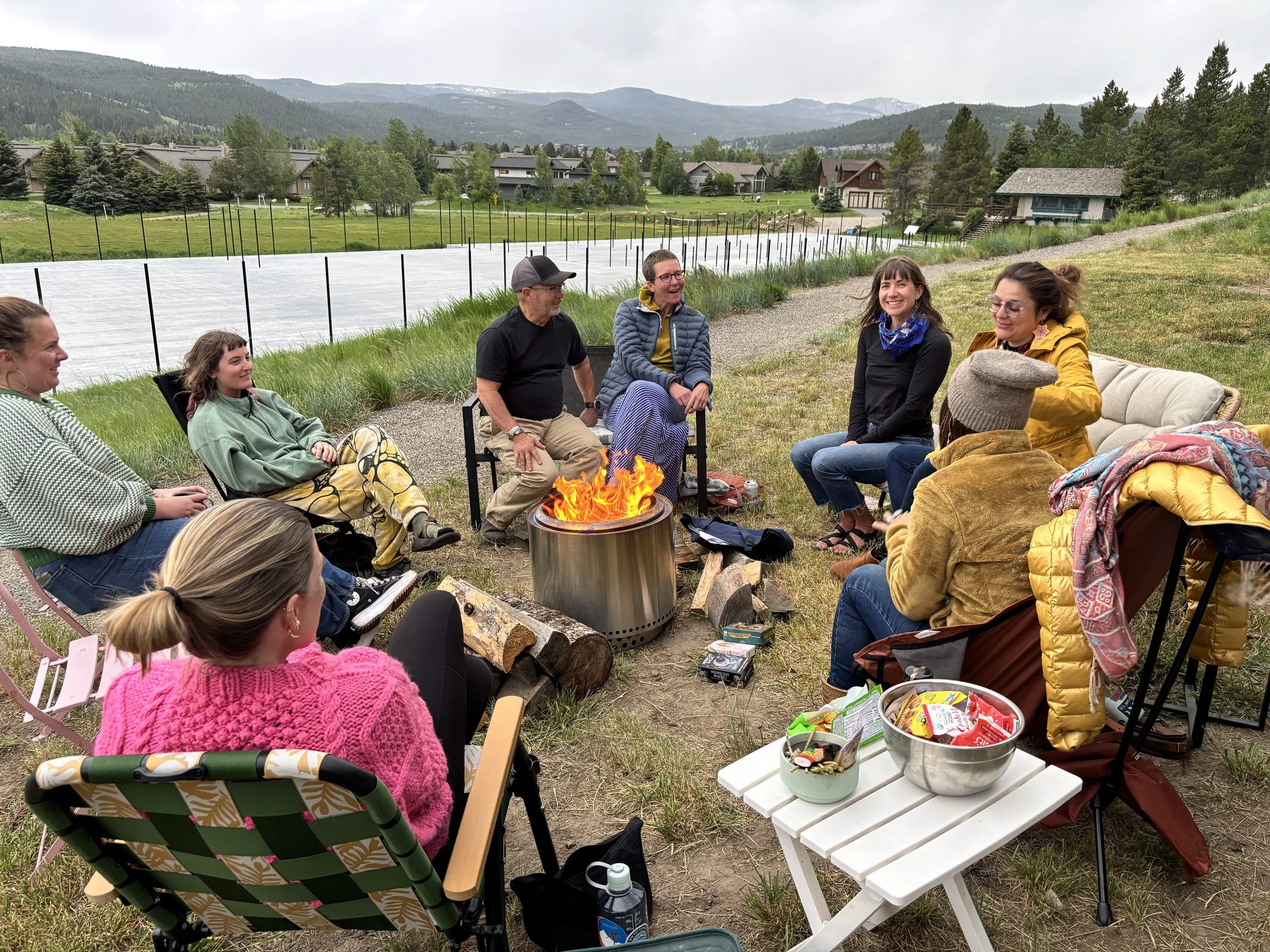Community First Aid
A Trauma-Informed Approach to Emotional Wellness Across Service Sectors
What is Community First Aid?
Community First Aid
Community First Aid (CFA) is a practical, people-centered model that empowers individuals in any workplace to respond to stress, emotional overwhelm, and crisis with simple, effective tools. Rooted in trauma-informed care and holistic emotional regulation (like Holistic Emotional First Aid), CFA focuses on building resilience, supporting peer networks, and fostering a culture of emotional trust.
Key Pillars of the Community First Aid Model
🧠 Emotional Regulation Tools
Short, science-based practices to support nervous system balance—before, during, or after a stressful event.
🤝 Peer Support & Navigator Networks
Trained team members act as trusted emotional allies, providing low-barrier support and connection.
🗣️ Debrief Culture & Emotional Check-Ins
Culturally relevant, psychological first aid strategies to talk through stress, reduce isolation, and process challenging events.
🛠️ Adaptable + Scalable
Designed to integrate with existing workplace routines and professional roles.
Impact Across Sectors
🏨 Hospitality
Supports frontline staff with grounding tools, increases guest service confidence, and reduces burnout in high-pressure roles.
🚓 First Responders
Offers on-the-go emotional support, peer debriefing, and regulation tools after high-intensity calls and incidents.
🏫 Education
Gives teachers and school staff tools to respond to student emotional needs while maintaining their own well-being. Peer-led practices can also be used by students.
🥕 Food & Nutrition Programs
Empowers food workers and volunteers to respond compassionately to clients in crisis while preserving their own mental health and emotional energy.
🏥 Healthcare & Social Services
Provides a buffer between daily micro-stressors and long-term burnout; supports patient-centered care through emotionally grounded interactions.
Why It Works
Simple tools = immediate relief
Peer networks = trust and accessibility
Debrief Culture = reduces long-term trauma effects
Trauma-informed = culturally adaptable and safe
The Result?
✔️ Stronger teams
✔️ Reduced burnout
✔️ Safer, more connected workplaces
✔️ Increased emotional capacity to serve others





